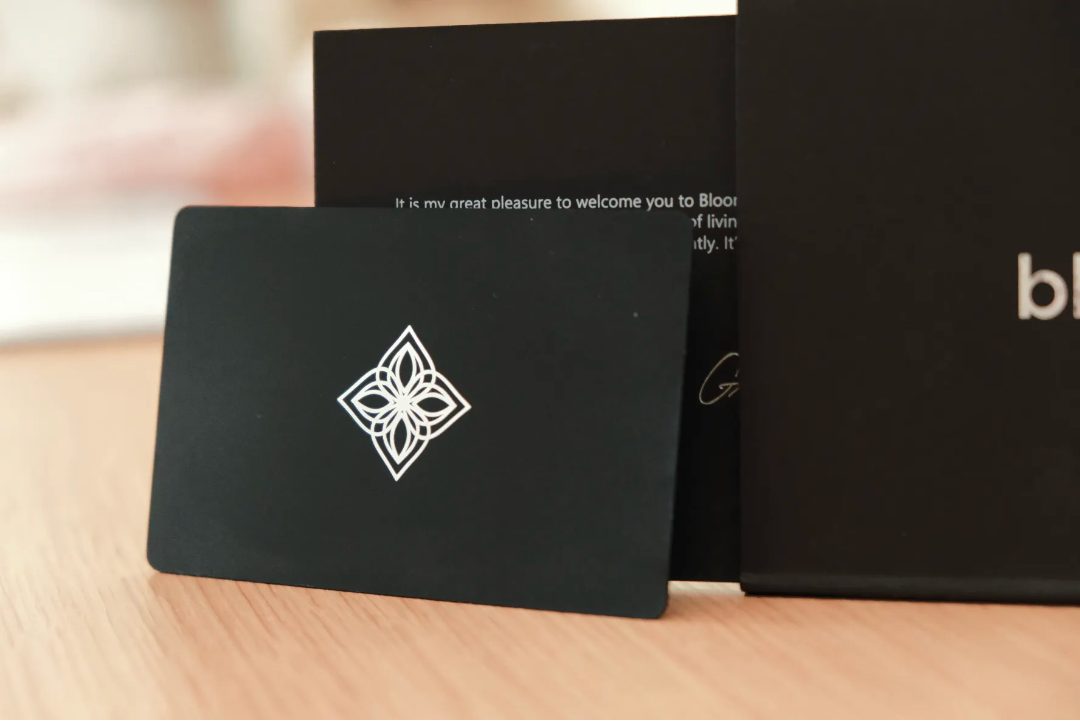This blog post describes 9 fantastic sources of inspiration—from walks in nature to solo dates. These will inspire innovative thinking and get your creative juices flowing again.
If you're looking for ways to reignite your creative spark and come up with great ideas, you're in the right place.
Let's dive in.
Table of content
1. Go for a walk
An essential part of being creative is getting outside your head. You can achieve this by moving your body.
The simple act of walking forces your physiology to change. And when your physiology changes, so do your thoughts and feelings. Strolling expands your focus and allows new ideas to flow freely in your mind.
Take a walk with no set destination or agenda. Simply enjoy a break from the daily grind and immerse yourself in the scene of your surroundings. Imagine yourself as a spectator, watching a play with its own characters, plots, and subplots.
You may find that even mundane scenes like a child playing with her doll or a clerk counting change can become sources of inspiration.

2. Read a book
Books are filled with original ideas which you use to spark your own. When we read, our attention moves away from our problems, and we become more resourceful.
Reading exposes us to new ways of thinking. It stimulates our imagination, introduces us to different perspectives, and expands our understanding of the world. It also provides a sense of relaxation and escape, which clears the mind and creates space for creative thinking.
The process is the same whether you read fiction or non-fiction. Read a few pages until you find inspiration or feel ready to go back to work.
3. Take yourself out on a date
Want to ignite your creative spark? Why not take yourself on a creative date. This is a concept I first discovered in Julia Cameron's book The Artist's Way.
Set aside some time each week to do something fun by yourself, free from distractions. Choose an activity you enjoy—this can be anything from dining out to going to a concert.
It is uncomfortabl to be alone in public. But resist the temptation to pull our your phone. Leave it at home if you can. Or, consider dumbing it down for the day so you're not tempted to distract yourself.
Don't worry if no inspiration comes from these dates at first. Keep trying different activities and observe how they affect your mood and productivity.
Solo dates are fun. So even if inspiration doesn't strike, you'll enjoy a good time.

4. Listen to instrumental music
Music can help us tap into inner resources we might not have realized were there. It is a powerful tool for accessing parts of ourselves that we may have forgotten about or ignored.
Music can elicit emotions and stimulate our senses in ways other sources of inspiration cannot. It relaxes us and can occasionally unlock new perspectives.
Experiment with different genres and explore music from other cultures. I like to listen to binaural beats–often associated with deep focus. But classical, jazz, and lo-fi music can also stimulate creative output.
5. Visit an art gallery or museum
It is difficult not to feel moved and inspired when you're surrounded by fine works of art. But if you want to find inspiration at an art venue, the key is to take your time.
Look at the paintings or sculptures from different angles. Observe the objects in detail and notice how they were created.
Allow the exhibition to take you on an emotional journey. Get lost in the ambiance and open to the sources of inspiration that abound.
Be patient.
Sit with a single piece of art longer than it feels comfortable, and you'll start to notice subtleties you had not seen before. You may begin to understand some of the artist's decisions and the story they hoped to convey.

6. Learn about someone you admire
How about reading or watching the life story of someone you consider successful to find inspiration?
Whether it's a famous figure, an entrepreneur, or someone closer to home, studying their journey and successes can help you develop creative ideas for your projects.
By learning about how they achieved success, you may gain insight into strategies that could work for you too. You might also discover creative solutions to problems holding back your progress.
Understanding the struggles and challenges these successful figures faced can also motivate us to perservere on our own journey. Because when the going gets tough, we need to remember that resilience is just as important as creativity.
Books are one of many ways you can dive into somene's story. You can also watch a Netflix docuseries, a TV drama, or listen to a podcast interview. How I Built This, for example, is a fantastic podcast where founders of today's most prolific companies share their inception stories.
7. Travel to another city or country
Traveling offers the opportunity to explore new cultures, meet different people, and experience things you wouldn't experience in your day-to-day life.
You might find yourself inspired by the architecture and art of a new destination or perhaps by the beauty of nature in a foreign country. You could also discover exciting customs and traditions, which may open up ideas for creative projects back home.
The inspiration you get when traveling can fade quickly though. So I recommend you keep a journal while you travel to jot down thoughts, ideas, and emotions as they come up to capture the spark and keep it alive long after your trip ends.

8. Call a creative friend
When I feel stuck, I call friends who I know are working on exciting projects. I find listening to what they're working on is as an excellent source of inspiration. By the time we hang up, I always want to get off my chair and get creative work done.
Talking with the right friend can inspire and motivate you to take action on your big dreams.
Friends can also be sounding boards for discussing and developing new ideas. They might offer insights from their own experiences that may help you get unstuck, much life a coach would.
Be mindful of who you choose to call, though. Some friends are more inspiring and helpful than others.
Choose optimistic friends you consider highly creative and who are currently "in the trenches", ie. doing creative work. Talking to the wrong person may kill your inspiration rather than ignite it.
9. Journal
Journaling is a great tool for hashing thoughts out. Thoughts come and go. But when you write them down, you have the possibility to explore a single thought in greater depth.
Journaling will help you clarify your thoughts. It will make it easier for you to see patterns and connections in your life. You will come up with solutions and ideas you hadn't thought of.
When you're done writing one or two pages in your journal, Yyou will feel light and inspired. It'll be as if you had been able to offload your mind—starting the day with a clear, clutter-free perspective.
If you've never journaled, you may wonder what you're supposed to write about. Write anything that comes to mind and let your hand lead the way. That's the magic of journaling. You don't have to know where to start to end up precisely where you're supposed to.
Try to fill a page or two a day.
One last tip. Your best thoughts happen in the morning, pre-input. So, journal before you talk to someone, check your phone, or turn on your computer. Brush your teeth, then get journaling.



